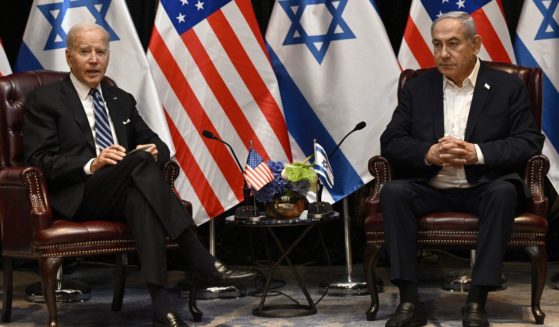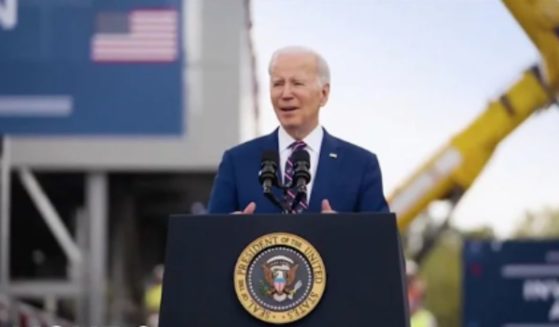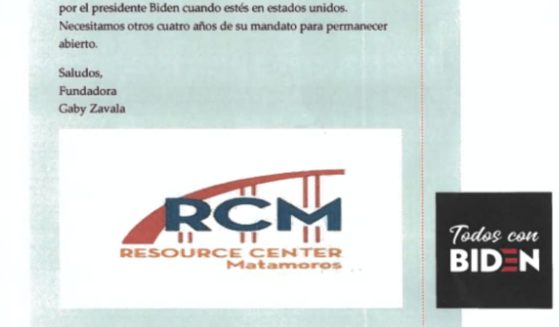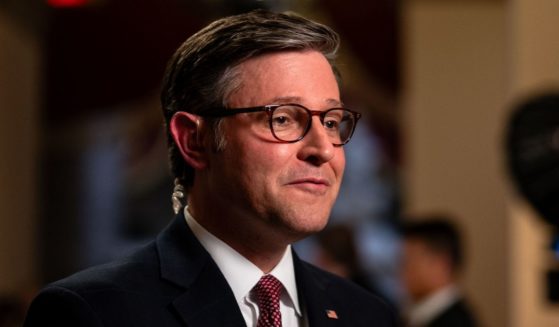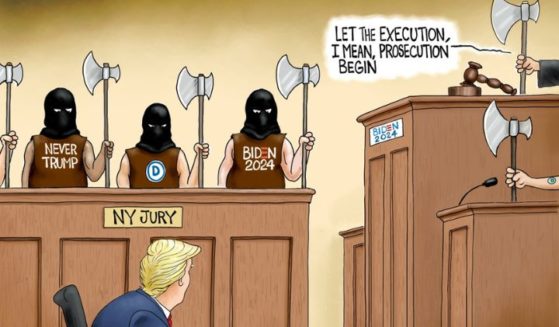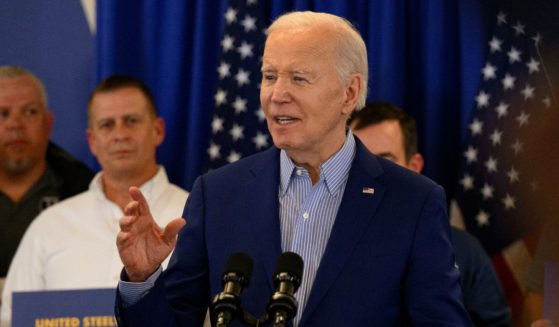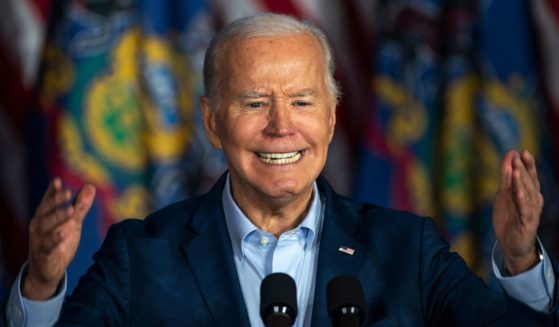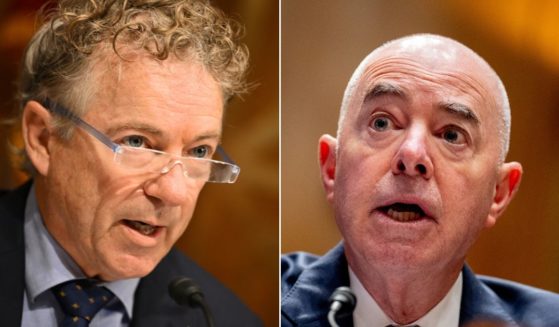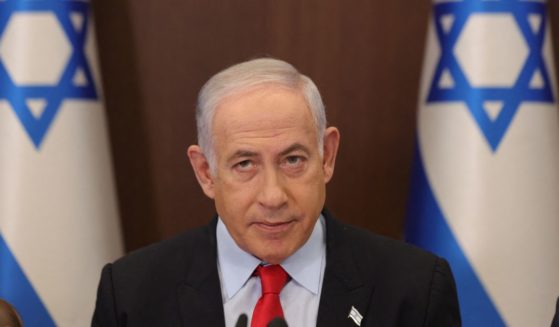UK's Labour divided over whether to back new EU referendum
LONDON (AP) — It’s not just Britain’s Conservative government that has problems over Brexit.
The main opposition Labour Party agonized Tuesday over whether to back a second European Union membership referendum as it campaigns in a European Parliament election that is taking place in just over just three weeks. Its decision: maybe.
The left-of-center party’s governing executive met for five hours and decided that its election platform would be “fully in line” with Labour’s existing policy. That says the party will support a second referendum, but only if it can’t have its preferred options of an improved Brexit divorce deal or a national election.
Labour leader Jeremy Corbyn, a longtime critic of the EU, believes backing a new referendum that could reverse the decision to leave the bloc would cost Labour votes in pro-Brexit areas of the country.
But many Labour members and lawmakers want the party to take a stronger stance against Brexit. Lawmaker Jess Phillips said Labour would “get a drubbing” in upcoming elections if it didn’t appeal to voters who want to remain in the EU.
Mike Gapes, a legislator who quit Labour earlier this year to join the pro-EU party Change UK, accused his former party of peddling “nonsense” that they could come up with a better Brexit than the Conservatives.
“It has been excruciating watching Labour struggle within the chains of the contradictions of their European policies,” Gapes said. “It is clear that large, influential parts of the Labour leadership will not oppose Brexit.”
The issue is coming to a head because Britain looks set to participate in the May 23-26 elections for the European Parliament that take place in all EU nations. Britain’s voting day is May 23.
The U.K. was due to have left the 28-nation bloc by now, but British lawmakers have repeatedly rejected Prime Minister Theresa May’s divorce deal with the EU.
The bloc has given Britain until Oct. 31 to ratify the Brexit agreement or leave the bloc without a deal to smooth the way. Most economists believe that a no-deal Brexit would plunge Britain into recession as customs checks take effect at U.K. ports and tariffs are imposed on trade between the U.K. and the EU.
After failing to persuade many lawmakers from her own Conservative Party to support her Brexit deal, May opened talks earlier this month with Labour. Both parties say the negotiations have been “constructive,” but they remain divided over how close an economic relationship to seek with the EU after Brexit.
Labour insists the U.K. should remain in a customs union with the bloc to avoid barriers to trade. The government rejects the idea, arguing that accepting EU tariff rules would prevent Britain striking new trade deals around the world.
The Western Journal has not reviewed this Associated Press story prior to publication. Therefore, it may contain editorial bias or may in some other way not meet our normal editorial standards. It is provided to our readers as a service from The Western Journal.
Truth and Accuracy
We are committed to truth and accuracy in all of our journalism. Read our editorial standards.

